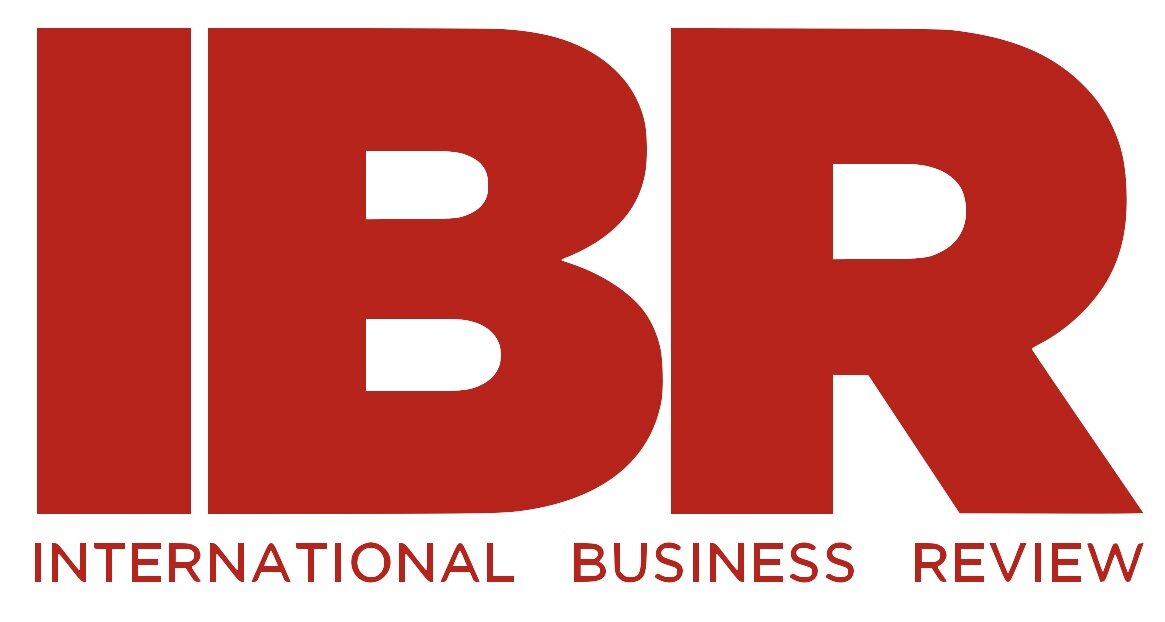Last month, Chris Conover, a fellow at the American Enterprise Institute, published a series of articles in Forbes magazine entitled, “The [Reasons] Why Bernie Sanders’ Medicare-for-All Single-Payer Plan is a Singularly Bad Idea” [1]. This title is so aggressive that one would think the legislation proposed nuking the moon or banning the sale of pants. Universal healthcare has been the subject of intense scrutiny and interest in recent years, and is subsequently the target of much ire and suspicion. What has long been considered as a staple of other modern democratic countries is still viewed as dangerous and unfeasible in the land of the free and, increasingly, the home of the sick.
According to the Organization for Economic Cooperation and Development (OECD), the United States spends almost $10,000 in healthcare per capita, followed by Germany and Switzerland at around $5,000 and $6,000, respectively. One might be justified in defending our prodigious spending if, in fact, it delivered spectacular outcomes. Unfortunately though, the current US system suffers from relatively high infant mortality rates, a low patient-per-bed ratio, and low life expectancy, among a myriad of other disappointing statistics. In almost every ranking of healthcare systems by country, the US lies near or at the bottom of the pack of developed nations [2].
This flagrant inefficiency that has stood for decades would appall any reasonable businessperson. America allocates more than 30 percent of total healthcare spending solely to administrative costs. In comparison, this figure amounts to only 16.7 percent in Canada [3]. Many point to government-run healthcare as a massive, overreaching bureaucracy, not considering the fact that the private health insurance system is arguably an equally large, if not larger, agglomeration that ultimately contributes less than its fair share to the US economy.
More than half of Americans currently rely on employer-supplied health insurance for their medical needs. This constitutes a rather large expenditure for many companies, especially smaller firms. While most Americans currently on employee-supplied healthcare are satisfied with their coverage, it comes at the expense of many businesses’ bottom line. In total, American businesses spend $620 billion every year on healthcare, and 80 percent of CFOs surveyed in a recent Harris poll agreed that “healthcare costs drain company resources that could be better used elsewhere.” Struggling companies often resort to cutting healthcare benefits entirely, resulting in thousands of workers losing coverage [4].
But companies are not the only affected parties. A recent paper published by the Washington College of Law at American University identified a phenomenon dubbed “job lock,” whereby American workers base much of their career decision making on the stability of their healthcare situations. Oftentimes workers will refuse to leave or change jobs for fear of losing health insurance, resulting in inefficiencies as people gravitate towards less appropriate jobs, or abandon entrepreneurial endeavors. Studies have found that “job lock” makes employees 60 percent less likely to leave their jobs and decreases the rate of self-employment [3]. This decreased mobility, estimated to be upwards of 20 percent, leaves the US at a great disadvantage especially in the development of industries and the efficient allocation of resources.
Upon instituting a single-payer system, companies will have to foot a portion of the bill through payroll taxes, although it is likely that many will enjoy reduced costs overall as group insurance premiums are eliminated. The same idea extends to the majority of private individuals, who may hand over slightly more to Uncle Sam, but will ultimately save money after all is said and done. These savings can be extended on a national scale; the current US system of healthcare spending occupies a massive 18 percent of the GDP, while in countries providing universal coverage, that figure stands at an average of only 11 percent [5]. For the fiscally conscious, these are savings that should not be overlooked.
If America really wants to fulfill its ideal as a bastion of entrepreneurship and free markets, then it should eliminate the one issue that has for too long been an underproductive appendage to the economy. With an average approval of around 60 percent (and rising) for universal healthcare among polled Americans, this is something that only the most reactionary of reactionary politicians cannot openly support [6]. Any American worth his or her salt would jump at the opportunity to lead the world in anything - healthcare should not be an exception.
2. http://www.latimes.com/nation/la-na-healthcare-comparison-20170715-htmlstory.html
3. http://digitalcommons.wcl.american.edu/cgi/viewcontent.cgi?article=1132&context=hlp
4. https://www.forbes.com/sites/castlight/2014/12/29/how-rising-healthcare-costs-make-american-businesses-less-competitive/#49456fed4f5f
5. http://www.theamericanconservative.com/articles/the-conservative-case-for-universal-healthcare/
6. http://news.gallup.com/poll/191504/majority-support-idea-fed-funded-healthcare-system.aspx

